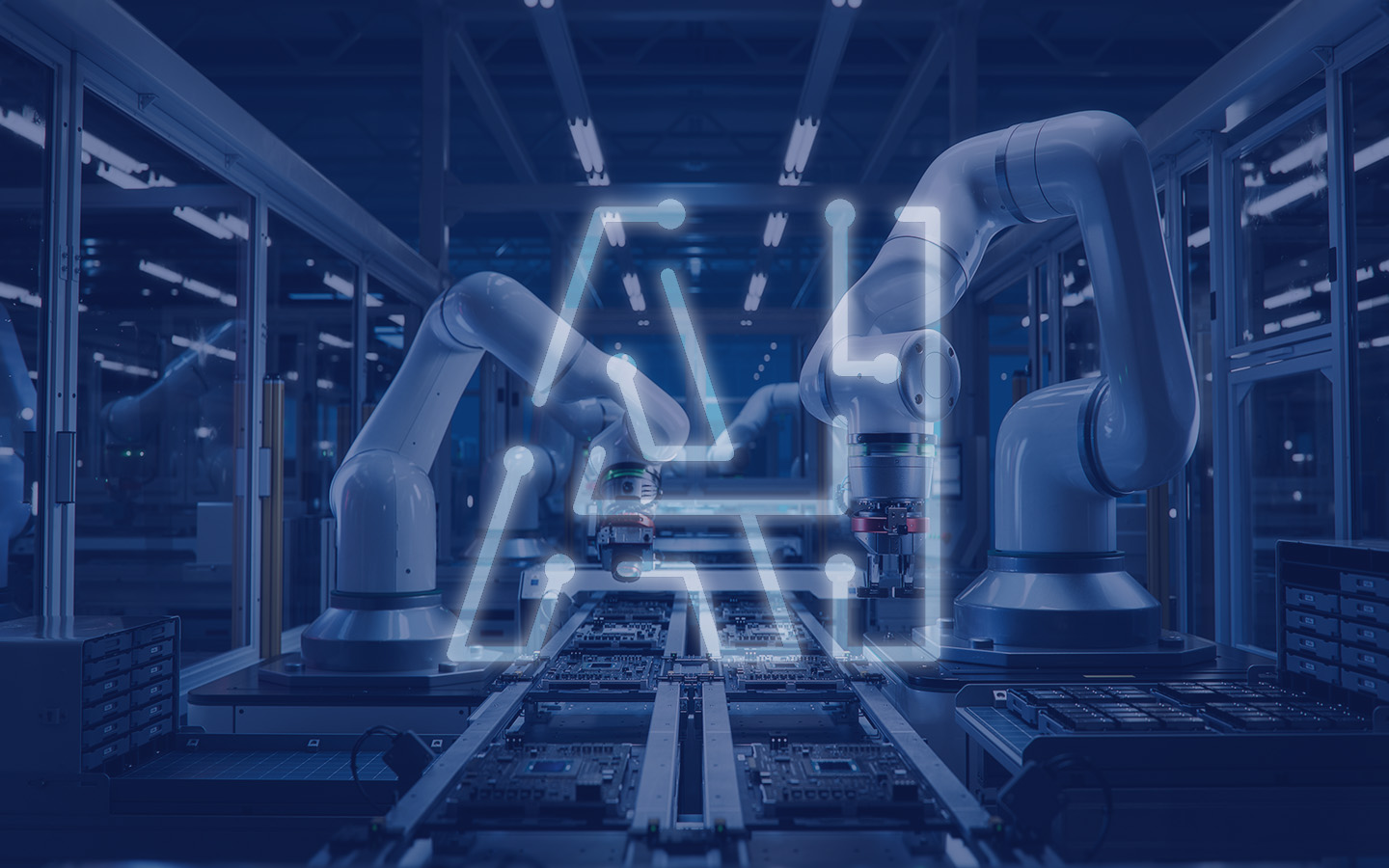The integration of Artificial Intelligence (AI) into various sectors has been nothing short of revolutionary, and the tech industry, known for its rapid pace and innovation, is no exception. AI’s influence on production planning is profound, offering unprecedented precision and efficiency. This article explores how AI is reshaping production planning in the tech industry, driving productivity and fostering a new era of manufacturing intelligence.
AI’s influence on production planning is profound, offering unprecedented precision and efficiency.
AI-driven forecasting and demand planning
One of the primary ways AI is transforming production planning is through enhanced forecasting and demand planning. Traditional methods often rely on historical data and linear projections, but AI algorithms can analyze vast amounts of data, including market trends, consumer behavior, and economic indicators, to provide more accurate and dynamic forecasts. This capability allows tech companies to better align their production schedules with market demands, reducing overproduction and shortages.
Optimization of manufacturing processes
AI technologies are instrumental in optimizing manufacturing processes by analyzing operational data and identifying inefficiencies. Machine learning models can predict machine failures before they occur, schedule maintenance to minimize downtime, and ensure that production equipment operates at peak efficiency. Additionally, AI can optimize the allocation of resources, including manpower and materials, ensuring that these are used most effectively to maximize output and reduce waste.
The future of production planning in the tech industry is here, and it is being driven by AI… AI algorithms can analyze vast amounts of data, including market trends, consumer behavior and economic indicators, to provide more accurate and dynamic forecasts.
Enhanced supply chain managment
AI significantly improves supply chain management in the tech industry by providing real-time insights and predictive analytics. AI systems can track and predict inventory levels, monitor supply chain disruptions, and suggest alternative suppliers or solutions in real-time. This responsiveness not only reduces the risk of production halts due to supply chain issues but also enhances the overall agility of the business.
There are other advantages too:
- Quality Control and Compliance: Quality control is another area where AI is making a significant impact. Through advanced imaging and recognition technologies, AI systems can inspect and identify defects at speeds and accuracies far beyond human capabilities. This not only improves the quality of the products but also ensures compliance with increasingly stringent regulatory standards. By integrating these systems, tech companies can maintain high-quality production standards, crucial for sustaining consumer trust and competitive advantage.
- Personalization and customization: The tech industry often demands high levels of customization, and AI facilitates this at scale. AI-driven systems enable the efficient handling of customized orders, adjusting production operations dynamically to meet specific customer requirements without disrupting the overall production efficiency. This capability is particularly valuable in industries such as electronics, where personalization can significantly enhance product appeal.
Conclusion
As AI technologies evolve, they are set to become even more integral to the production planning processes in the tech industry, pushing the boundaries of what is possible in manufacturing.
